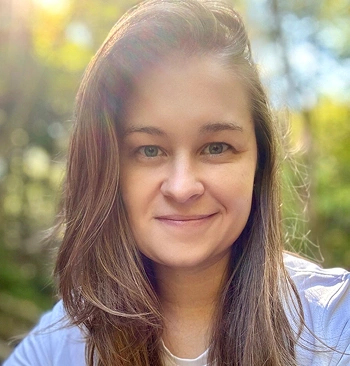You may be holding it all together on the outside – doing your job, caring for others – but on the inside, you feel… Stuck. Overwhelmed. Exhausted. Maybe it’s from a past relationship you thought you’d moved on from; or maybe it’s something you can’t put a name to. I understand how hard it can be to move forward, feeling disconnected or just going through the motions – not really living. If that resonates, I want you to know that relief is possible, and you don’t have to stay trapped in that cycle.
I work with people from all walks of life who are facing a range of challenges, including:
- Trauma
- Grief
- PTSD
- Anxiety
- Depression
- ADHD … and more
Whether you’re a first responder, someone navigating complex trauma, or dealing with day-to-day stressors, I’m here to help you process and move through these difficult emotions. My therapeutic style is a blend of compassion and empathy with a practical, straightforward approach. I won’t just listen passively – I’ll challenge you to take actionable steps toward the change you want in your life. It’s about finding long-lasting relief, clarity, and a safe, supportive space where we can work together to move through what’s holding you back.
In my practice, I use two highly effective methods for trauma and emotional healing:
Eye Movement Desensitization and Reprocessing (EMDR) and Accelerated Resolution Therapy (ART).
Unlike traditional talk therapy, these methods don’t require you to endlessly rehash painful memories. Instead, they allow you to process emotions through visualization and guided imagery techniques, helping you release stuck emotions and memories without the need to re-traumatize yourself.
The goal?
Quick, effective relief that will help you can regain the peace of mind and emotional freedom you’re looking for.
I typically see clients make significant progress within 6 months, though treatment length depends on individual needs. Many of my clients experience lasting change in a matter of weeks. They often tell me they feel lighter, more in control, and better able to manage life’s challenges after our work together.
Sleep improves.
Panic fades.
They stop avoiding people, places, or memories that once felt unbearable.
Most importantly, they stop living in survival mode – and start living on their own terms.
If you’re ready to leave emotional numbness behind, stop feeling overwhelmed, and break free from the cycles that keep you stuck, I’m here to help. You don’t have to go through this alone. If you’re curious about how EMDR or ART can work for you, email me at clientcare@ahhcounseling.com




